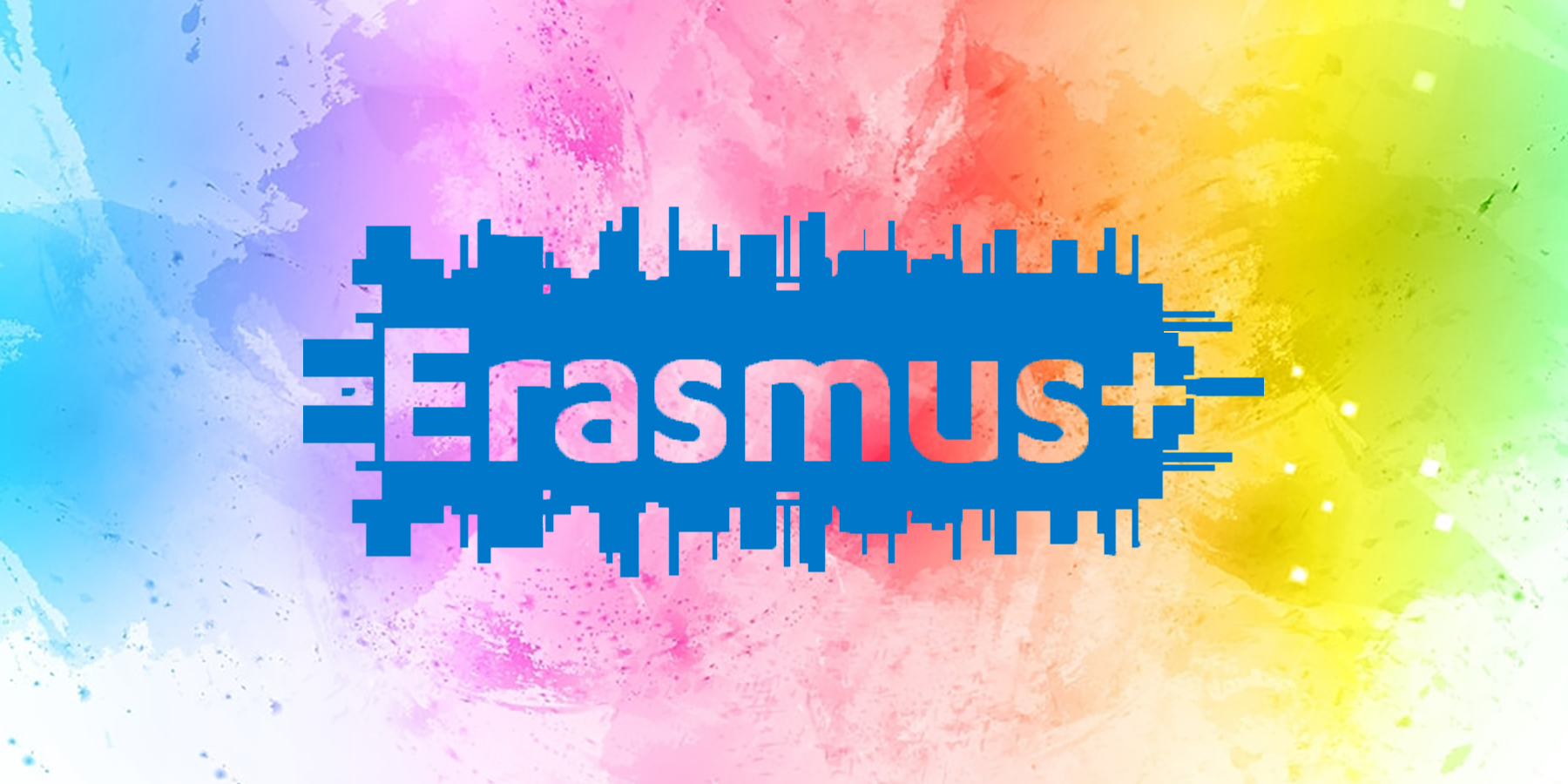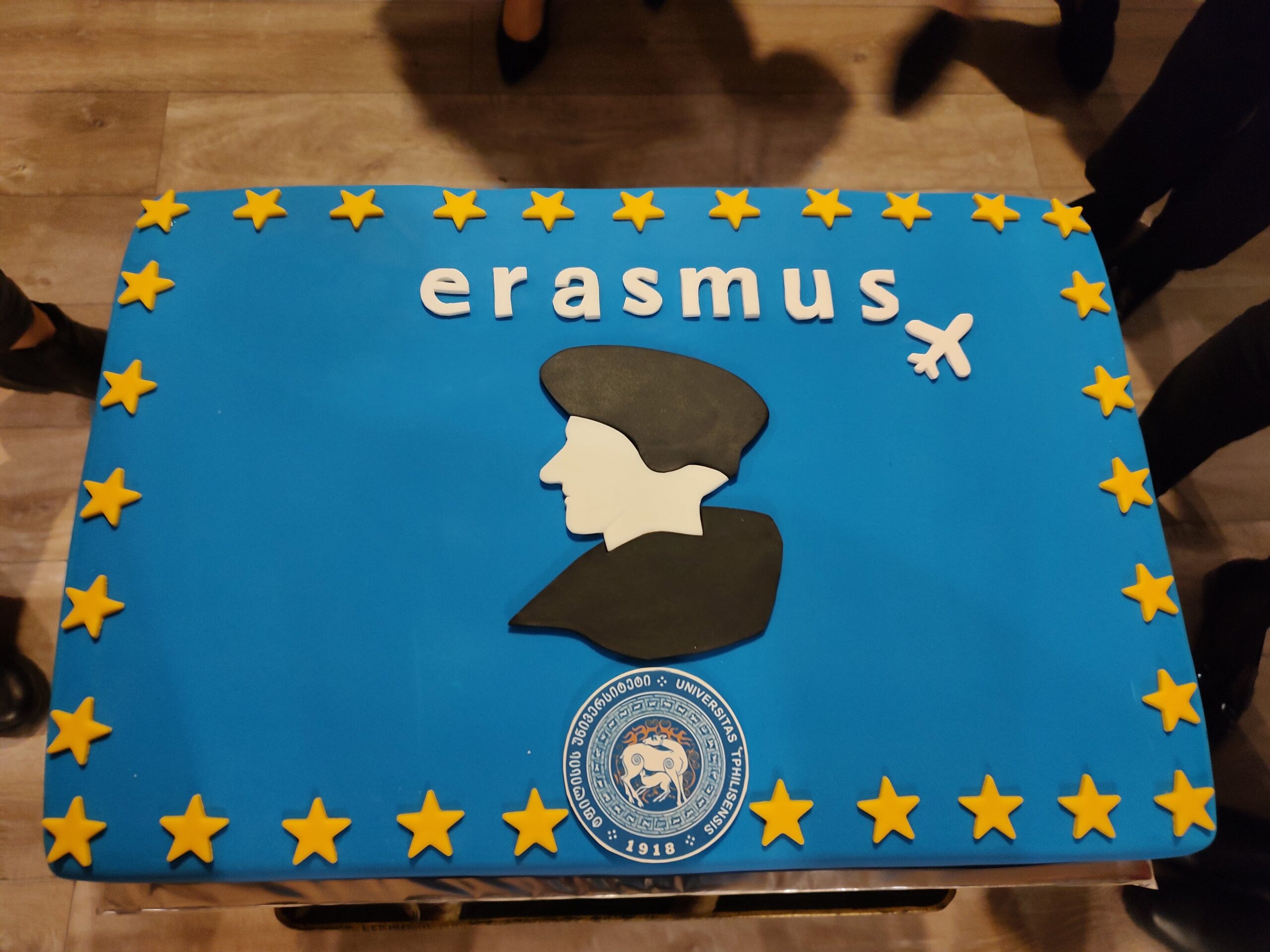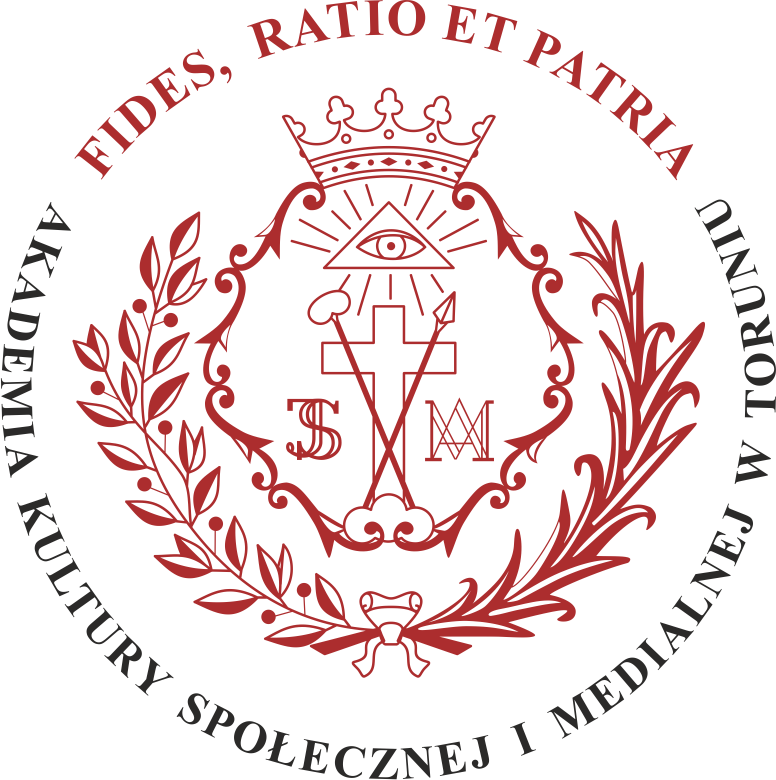In this new post, which can be considered a second part of “How to help an Erasmus + student victim of harassment during their mobility”, we are going to dedicate a space to talk about what I can do if I saw someone harassing someone or if I am the victim. Both situations are not as unusual as we usually think, therefore, it is very useful to know a protocole of acting.
First of all, it is important to keep in mind these tips, whichever may be applied in both situations:
- We are not the police. The investigation of the situation and the legal results (such as considering or calling someone delinquent, what’s a judge’s duty) are aspects that we should not consider.
- Keep calm and act with discretion. This situation provokes intense and negative feelings such as anxiety, nervousness, shock, sadness or feeling of guilt, among others, therefore trying to think clearly can help you to solve the situation.
- Prevention is better than a cure. The consequences if your suspicion is correct may mean the ending of harassment or the intervention of professionals. If, finally, you are not right, forgiveness is always an option.
- As said in the last post, do not help the aggressor with your silence: do not become a collaborator.
If you think you are facing a situation of harassment or someone ask you for help:
- Take interest in that person. Ask how they feel and what you can do for them. Listen carefully and be sympathetic.
- Believe the victim’s testimony and do not judge her.
- Do not let the victim alone: try to create a safe place.
- Ask what the victim wants to do and respect their decision. It is important to report the attacker to the police, however, if the victim does not want to do it, we are going to support their decision.
- Help the victim to contact someone reliable: family, friends, boyfriend or girlfriend to keep each other company.
- According to the seriousness of the situation, call for medical assistance or the police. In these cases it is important to try to identify the aggressor or suspicious person, some eyewitnesses and other possible evidences.Harassment, in its sexual variant, can cross the line and become an agression, which can be considered as the hardest shape of harassment. In these cases, every evidence is significant to demonstrate the assault and possible subsequent trial. Keep in mind to ask the victim not to change their clothes, not to get a shower, not to eat or drink (in case of oral penetration).
Possibly, and fortunately, having to act in a situation like this will be new or confusing for us at first, but with these tools we will be prepared to help. Remember that you are not alone, we have the support of many non-profit associations and specific departments at the University and other institutions.
In the University of Cádiz you can find help in the “Equality Department” ([email protected]) and psychological aid at the “Psychological Assistance Service” ([email protected]).
In ESN you will always find our support and help so please, contact us if you need it.
ESN Cádiz.










Join the discussion